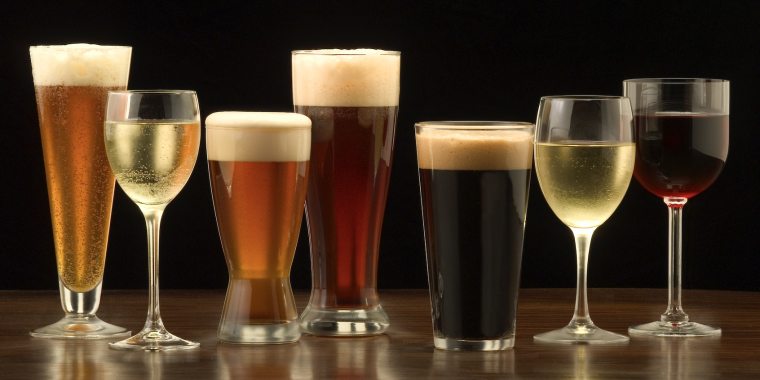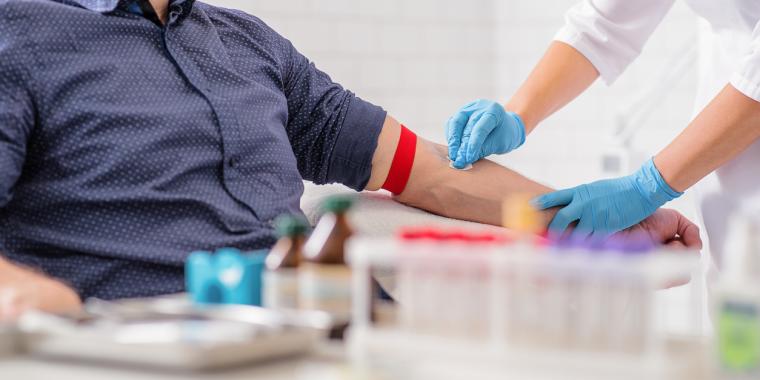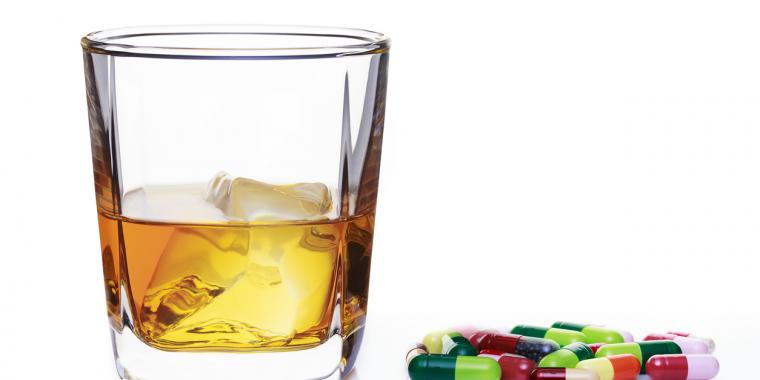Blog
Phosphatidylethanol (PEth) - The Superior Direct Alcohol Biomarker
Blog by Salah Breidi - Head of Forensic Toxicology There are some difficulties when testing alcohol in blood to determine if alcohol had been abused. Due to these challenges in testing alcohol consumption behaviours across society, in the most recent decades, intensive research has been... Read More
The impact of alcohol on your mental and physical health
Many people are able to enjoy drinking alcohol in moderation, but there can be some serious side effects when a person binge drinks or drinks heavily over a long period of time. There are short and long-term effects of alcohol that can negatively impact your physical and mental health. The... Read More
Nearly 60% of adults drink alcohol due to stress
A recent research study by YouGov has revealed that almost 60% of adults in the UK are drinking alcohol in order to cope with the stress of every day life. The main objectives of the research were to provide an overview of adults’ drinking behaviour in the UK, explore the motivations for... Read More
Hair Alcohol Testing: FAQs
What is hair alcohol testing? A hair alcohol test is used to determine if a person has consumed alcohol over a certain period of time. The test works by examining the Etg (Ethyl Glucuronide) and FAEE (Fatty Acid Ethyl Esters) markers in your hair, and is one of the most accurate and established... Read More
Drug & Alcohol Testing in the Workplace: Employee Rights
There are several reasons as to why a company may choose to implement a drug and alcohol testing policy for their employees. The misuse of drugs and alcohol can significantly impact a person’s ability to perform their standard day-to-day activities, leading to reduced productivity, as well as... Read More
How long do drugs and alcohol stay in your system?
The length of time drugs and alcohol can be detected in your system for depends on a range of factors, including the type of test used, how much has been consumed, the strength of the substance, and the frequency of use. There is a range of samples that can be tested for drug and alcohol misuse... Read More
Why DNA tests are important for immigration
Being able to prove a biological relationship with a DNA test is often an essential step in the immigration process. When a person applies to move to the UK in order to join their family members, they must be able to provide proof of a biological relationship between an applicant and a UK... Read More
Alcohol and Your Health
There is a strong link between alcohol consumption and a range of illnesses, including several cancers. The NHS state that ‘regularly drinking more than 14 units a week risks damaging your health’. In order to keep health risks from alcohol to a minimum, it is recommended that you drink no more... Read More
Senior Toxicologist updates local community on DNA testing
DNA Legal’s head of toxicologist, Dr. Salah E. Breidi, was invited by the local Rotary Selwood Club in Frome, Somerset early this week to update the local community on the forensic science field which supports the legal criminal court. DNA Legal is consistently recognised for their commitment... Read More
Hair Drug Testing: FAQ
What is hair drug testing? Hair drug testing is an accurate method to establish a person’s history of drug use over a period of time. The test works by looking at metabolites of the drug that are absorbed into the blood and deposited into the hair. What drugs are included in a standard test... Read More
One alcoholic drink a day increases breast cancer risk
A recent report by World Cancer Research Fund has shown that drinking even one glass of alcohol a day can increase the risk of breast cancer. The report involved an analysis of worldwide research on breast cancer, reviewing evidence from 119 studies from all over the world. The studies examined... Read More
How Many of Young UK Adults Don't Drink Alcohol
Young people aged 16-24 are less likely to drink alcohol than any other age group, according to the figures released by the Office for National Statistics last week. Less than half of young people aged 16-24 drank alcohol in the week previous to the survey, and 27% stated that they do not drink... Read More












